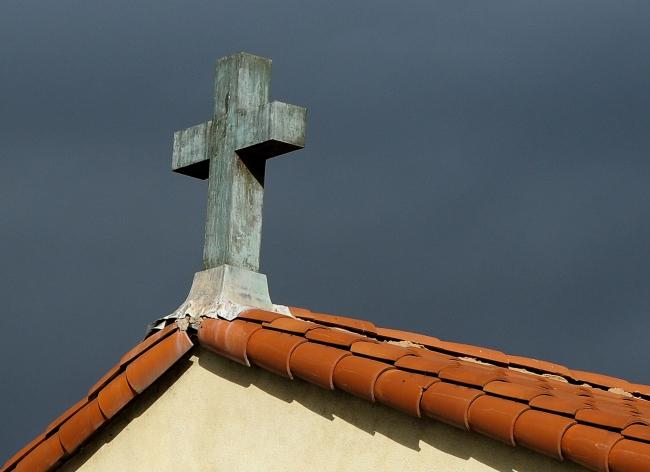Group Disputes Abuse Claims Made by Diocese of San Bernardino
By Monica Rodriguez
Join Los Angeles News Group City Editor Harrison Sheppard and reporters Susan Abram and Tracy Manzer in a live chat Monday at 11 a.m. to discuss this report. Amid scrutiny of its neighboring diocese's response to the sexual abuse of children, the Diocese of San Bernardino has been swift to notify authorities of such allegations, a diocese spokesman said. Others don't see it that way. The Survivors Network of those Abused by Priests, or SNAP, says the leadership of the diocese is still slow to move when it is notified of sexual abuse allegations. "We have not seen any real strides," said Joelle Casteix, the regional director for SNAP. Since 2002, the diocese has been following the directions spelled out in the Charter for the Protection of Children and Young People, which the United States Conference of Catholic Bishops issued that year, said John Andrews, a spokesman for the diocese. "The charter provides the general directive" for addressing abuse, he said. If a sexual-abuse case is brought to the diocese's attention, diocese personnel must report it. "Our policy is to report it within 24 hours to law enforcement," he said. The diocese wants to know if someone has established a system in which victims can inform the diocese. The initial complaint leads to the accused perpetrator be relieved of his or her duties and sets off a series of events that could result in barring the person from ministering in the diocese. If the diocese's investigation finds the allegations credible, "what we can say is 'you will never be in ministry in this diocese,"' Andrews said. The decision to defrock a member of the clergy is up to the Vatican, he said. The diocese has gone through its files and notified law enforcement of each case in which church investigations found credible allegations, Andrews said. Steps to prevent future abuse include training adults, from priest to volunteers, about proper behavior and how to treat children, he said. Children are also taught what to do if they are abused or witness something improper, Andrews said. "Ten years ago we were in a position where we didn't do it right, and now we're ready to share information," Andrews said. But Casteix said the Diocese of San Bernardino and others in Southern California are barely meeting the minimum requirements spelled out in the charter and could do more to protect youths. In the case of the Rev. Alejandro Castillo, an Ontario priest convicted in 2011 of molesting a child, parents notified the diocese of the priest's behavior, but it failed to act, she said. When Castillo was released from jail, a large group of parishioners of Our Lady of Guadalupe Church in Ontario, where he last worked, organized a celebration. The celebration, however, was attended by children, a violation of his probation. "Bishop (Gerald) Barnes didn't do anything to stop it," she said. Diocese officials have said Barnes was not aware the celebration was taking place. Thomas G. Plante, a professor of psychology at Santa Clara University, has done extensive research into sexual abuse by priests and has treated and evaluated members of the clergy who have committed sexual offenses. Since 2002, the church has taken many steps to address and prevent sexual abuse, he said. "A lot has been done. Is it perfect? No," he said. The church must make its bishops accountable, he said. In Kansas City, a bishop convicted of not reporting an abusive priest remained in his position. Another issue is that some bishops have refused to support the charter approved by the U.S. Conference of Catholic Bishops because they dislike the training for children. "Some bishops say they shouldn't do that because it's like sex education with the kids," Plante said. "There are a few holdouts. That's a problem." Another issue that needs to be addressed is what to do with priests who have been the subject of credible allegations but who have not admitted wrongdoing or where law enforcement doesn't have enough to pursue criminal charges. Priests in those situations are removed from ministering, but church leadership has not figured out what to do with them. "They're in no man's land," Plante said. Training to prevent abuse must also be studied to determine its effectiveness, Plante said. "We have to do empirical research to see if it works," he said. Among the church's problems is that it has not explained what it has done to prevent future sexual abuse. Among those steps are the church has conducted background checks and thorough psychological screening of those interested in becoming clergy, Plante said.
|
.
Any original material on these pages is copyright © BishopAccountability.org 2004. Reproduce freely with attribution.
